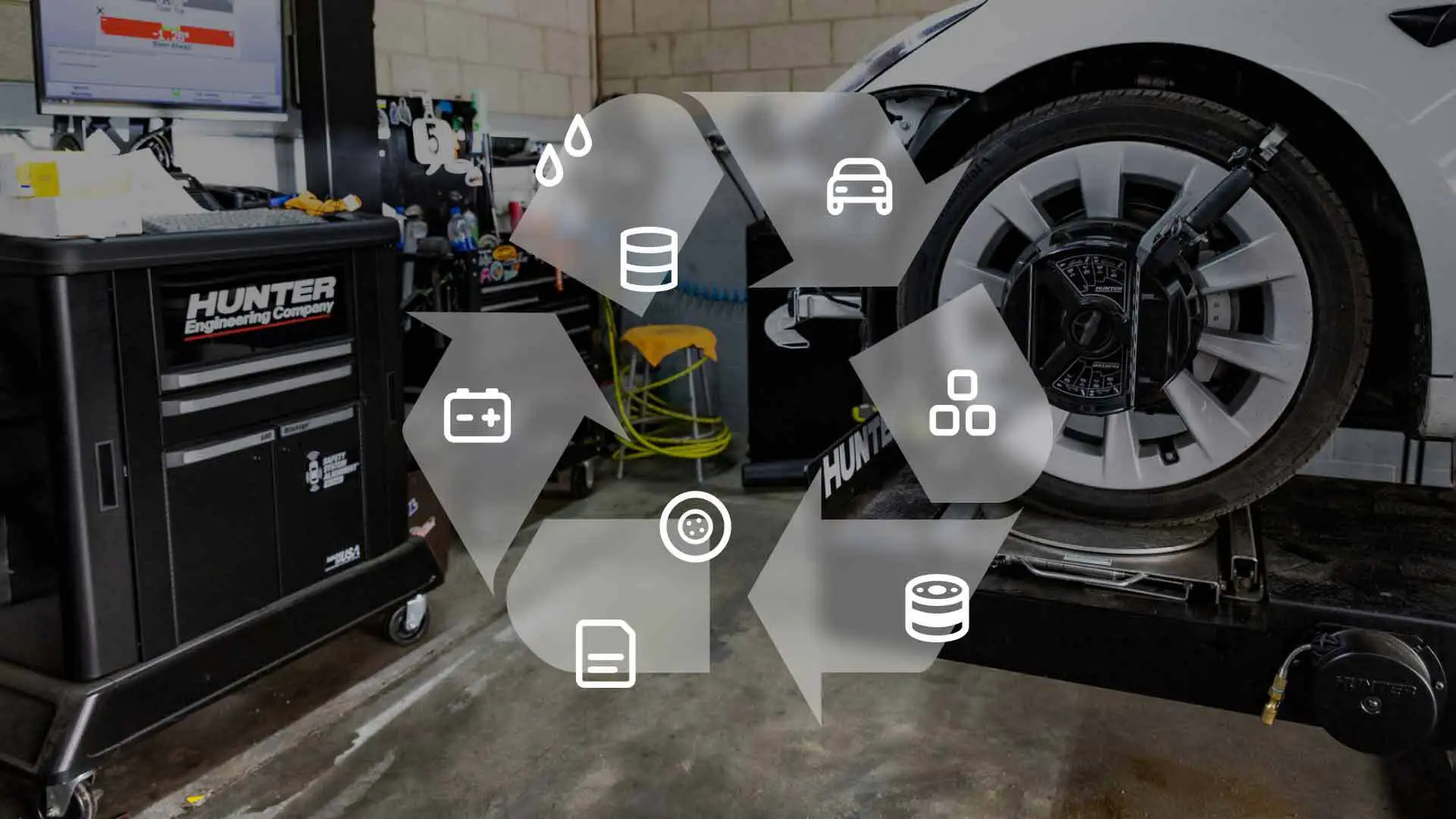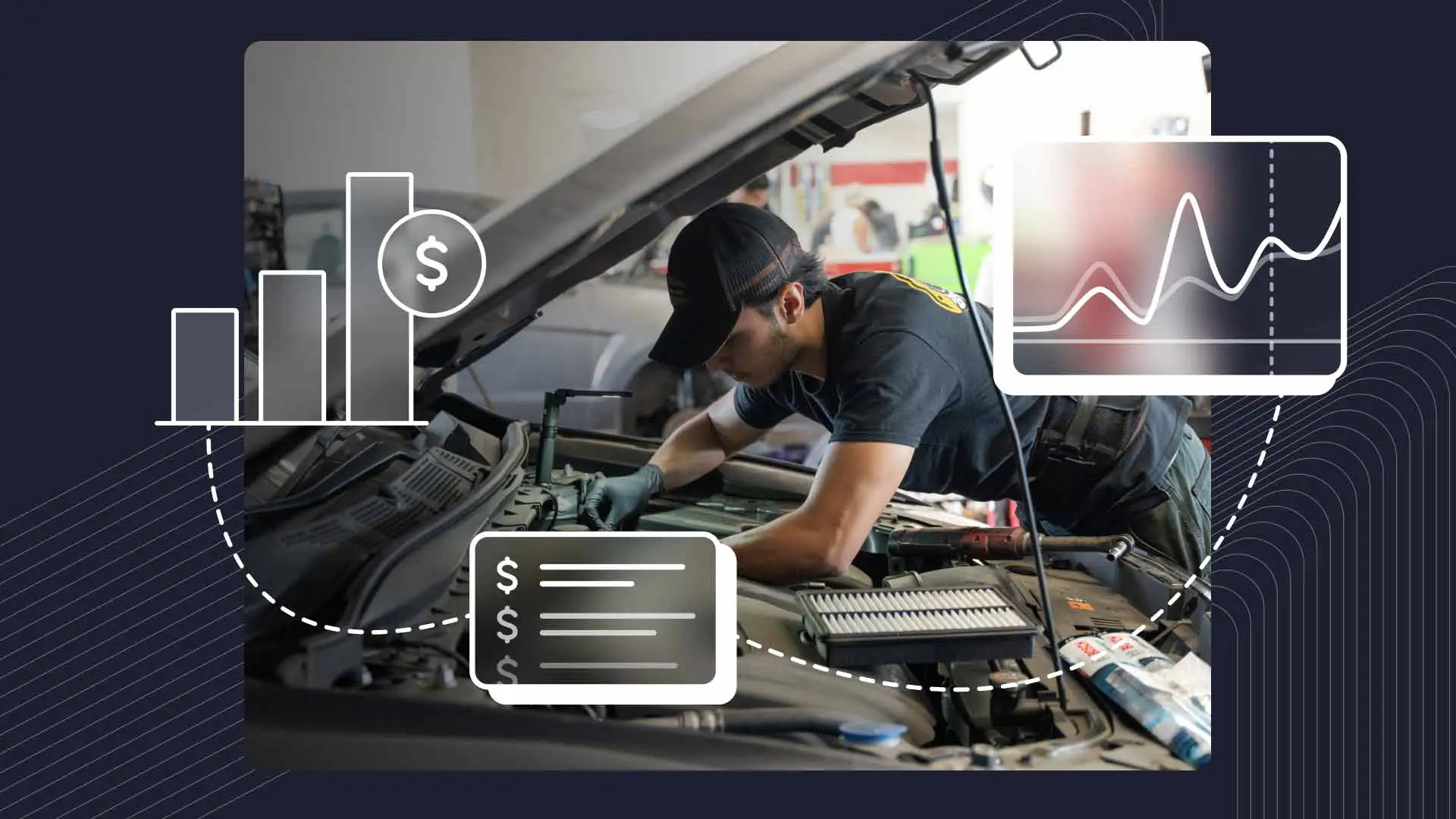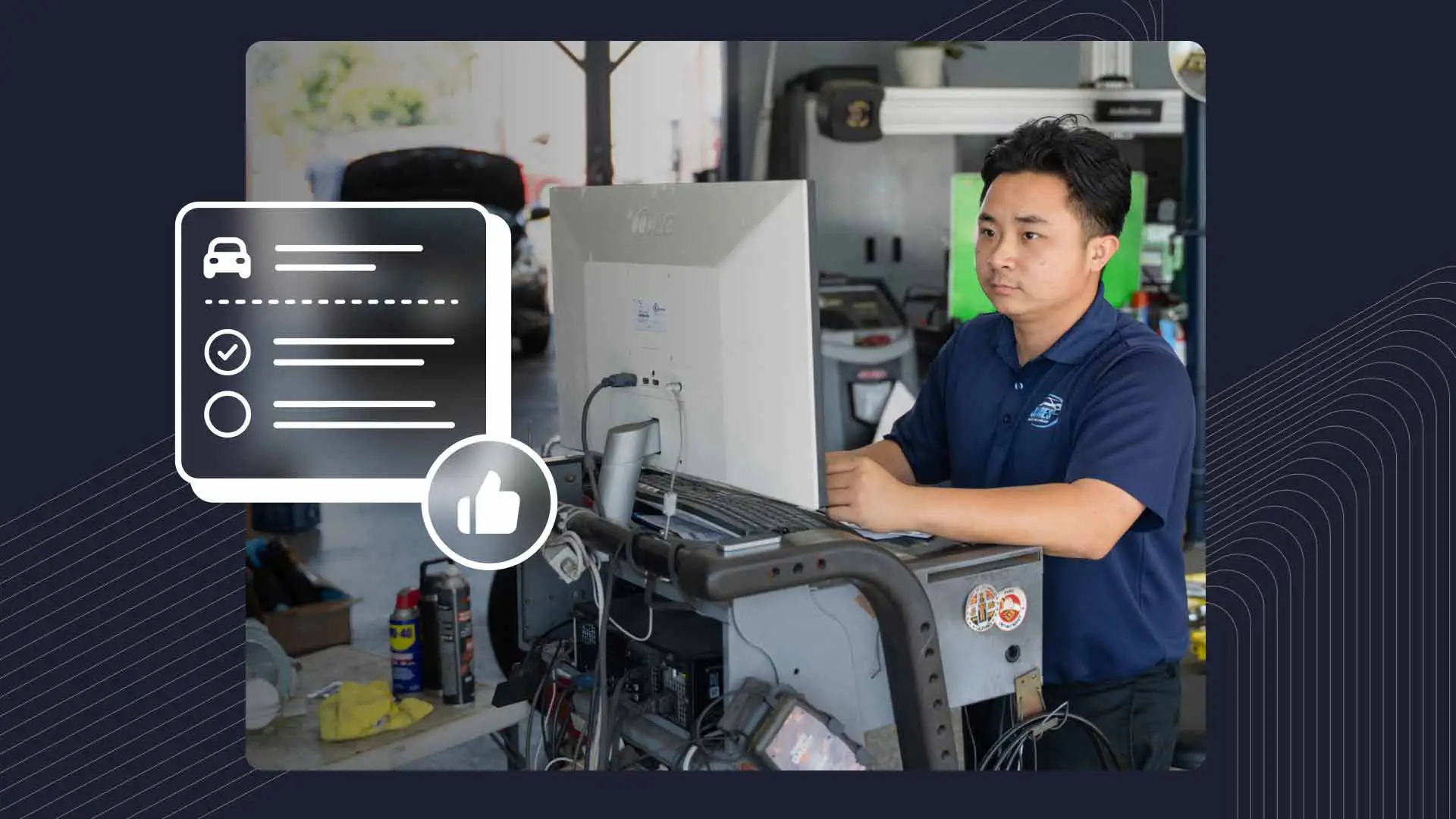The auto repair industry is experiencing a significant shift towards sustainability and eco-friendliness. This transformation isn't just a trend; it's a powerful wave of change reshaping how auto shops operate. Many shops, from oil change and tire specialists to full-fledged maintenance and repair businesses, are adopting socially conscious methods to sustain the ecosystem we live in.
Engaging in eco-friendly auto shop organization can bring numerous benefits to shop owners. Not only can it reduce costs for waste, operations, liability, and insurance, but it can also make shops eligible for various governmental incentives such as tax credits. Additionally, going green demonstrates to customers that shops are committed to sustaining the environment, which can foster customer loyalty and encourage long-term patronage.
By incorporating ecologically friendly storage solutions, efficient waste management practices, using energy efficiency, and opting to use sustainable materials, shops can reduce their impact on the environment—and benefit their businesses.
Sustainable Storage Solutions
When it comes to keeping your auto shop organized, there are plenty of sustainable storage solutions. Adopting these practices can not only aid in the improvement of our environment but also increase the efficiency of your shop while decreasing operational expenses.
Mindful Material Choices: The foundation of eco-friendly storage begins with your choice of materials. Opt for storage solutions made from environmentally friendly materials, such as 100% recycled plastic, wooden crates, or durable, thick glass containers. These choices not only provide durable storage but also help reduce waste and promote sustainable practices within your shop.
Efficient Labeling and Inventory Management: Keeping your auto shop organized is essential. Implement efficient labeling and inventory management systems to streamline operations. Clear labeling, systematic organization, and digital inventory management can significantly reduce the need for paper documentation. This not only reduces your environmental footprint but also makes your shop more efficient.
Space Optimization: An eco-friendly shop is often a clutter-free shop. Make the most of your available space by optimizing storage solutions. Consider stackable storage options and custom storage systems that maximize space utilization. By reducing clutter and the need for additional storage, you're not only saving space but also being kinder to the planet.
Embrace Recycling and Reusing: Sustainability isn't just about being eco-conscious in your materials; it's also about your practices. Set up recycling stations within your shop for items like cardboard, plastics, and metals. Encourage your team to recycle responsibly. Additionally, make a habit of reusing containers and materials. This not only minimizes waste but also promotes responsible resource use.
Efficient Waste Management
In the auto repair industry, the term "waste management" takes on a unique significance. Efficient waste management practices in your shop not only reduce environmental impact but also contribute to cost savings, safety, and even regulatory compliance. Let's delve into specifics on how you can make a difference in this aspect of your shop.
Responsible Disposal: When it comes to waste, it's essential to know what can be responsibly disposed of and what should be recycled or repurposed. Items like used washer solutions, engine oil, antifreeze, solvents, and certain types of paint, should never go down the drain or end up in landfills. Instead, set up a recycling program for these materials. Recycling centers can handle these substances appropriately, preventing environmental contamination and waste.
Preventing Fluid Contamination: Sealing floor drains and utilizing funnel drum covers and drip pans when transferring fluids. These precautions ensure that spilled fluids don't find their way into drains, reducing the risk of environmental harm.
Recycling Tires and Batteries: Shops generate a significant amount of used tires and batteries. These items can have a devastating impact if improperly discarded. To minimize the environmental footprint, consider recycling options for both. Many recycling centers specialize in tire and battery recycling, ensuring these items are safely repurposed or disposed of.
Large Component Recycling: Auto shops often deal with large components like engines, transmissions, alternators and clutches. These valuable resources can be recycled or repurposed, preventing them from becoming waste. Many manufacturers are open to taking back these components for refurbishing, contributing to sustainability efforts and reducing waste generation.
Recycling and Repurposing: Embrace the concept of "reduce, reuse, recycle" in your shop. Opt to recycle materials when possible. Additionally, consider repurposing or reusing items like containers and packaging. For instance, instead of purchasing new storage containers, consider reusing existing ones for different purposes. By doing so, you'll minimize waste and extend the lifespan of various materials.
Waste Tracking and Record-Keeping: Keep meticulous records of waste disposal and recycling activities. Not only does this contribute to a more organized and transparent process, but it also helps ensure compliance with local regulations. Many areas have specific requirements for waste disposal, and accurate record-keeping is essential for demonstrating your shop's commitment to responsible practices.
Auto shops can help save the planet and their money by managing their trash more efficiently. It's like killing two birds with one stone!
Energy-Efficient Tools and Environments
Sustainability in the auto repair industry goes beyond waste management and materials. It extends to the very tools and environments where the work is performed. Embracing energy-efficient tools and practices is an essential component of an eco-friendly auto shop.
LED Lighting and Light Fixtures: One of the most impactful energy-efficient upgrades an auto shop can undertake is adopting LED lighting. LED lights consume significantly less energy than traditional lighting fixtures while providing brighter, more consistent illumination. This not only reduces energy consumption but also enhances safety and productivity in the shop. Fewer shadows and improved visibility reduce the risk of accidents and damage to vehicles and equipment.
Solar Power Integration: As part of your journey toward energy efficiency, consider harnessing the power of the sun. Solar panels can be installed on the roof or other suitable areas of your shop to generate renewable energy. This not only reduces your reliance on traditional energy sources but can also result in substantial cost savings on electricity bills. By embracing solar power, you're not only contributing to a more sustainable environment but also fostering long-term financial benefits.
Efficient Heating and Cooling: Maintaining an optimal temperature within your auto shop is essential for both employee comfort and the longevity of your equipment. Energy-efficient heating, ventilation, and air conditioning (HVAC) systems can help regulate the indoor climate while minimizing energy consumption. Consider programmable thermostats, proper insulation, and routine maintenance to ensure your HVAC system operates at peak efficiency. Additionally, encourage employees to embrace layered clothing or uniforms during extreme temperatures, reducing the need for excessive heating or cooling.
Sustainable Facility Insulation: Energy efficiency starts with the physical structure of your auto shop. Ensure that your facility is well-insulated to prevent temperature leakage. Proper insulation keeps your shop cooler in the summer and warmer in the winter, reducing the strain on your HVAC system. Consider using sustainable insulation materials, such as those made from recycled or natural sources.
Energy-Efficient Equipment: Beyond lighting, energy efficiency can also be incorporated into various equipment used in auto repair. When replacing old machinery or tools, look for energy-efficient options. For example, energy-efficient compressors, diagnostic equipment, and other specialized tools are designed to minimize energy consumption while delivering optimal performance. Although they may have a higher upfront cost, they often pay for themselves through reduced energy bills and improved sustainability.
Adopting these energy-efficient tools and practices, auto shops can significantly reduce their environmental footprint while reaping financial benefits. An eco-friendly auto shop is not only a responsible environmental choice but also an attractive proposition for customers who value sustainable practices.
Sustainable Materials and Practices
In the quest for an eco-friendly auto shop, sustainable materials and practices play a pivotal role in reducing the environmental impact of operations. Let's delve into the essential principles of incorporating sustainable materials and practices into your auto shop, fostering a greener, more responsible approach to the automotive industry.
Eco-Friendly Materials: Making conscious choices regarding the materials used in auto shop operations is an easy place to start making environmentally responsible choices. Opt for eco-friendly materials that have been recycled, reclaimed, or are themselves recyclable. For instance, consider recycled oil-absorbent materials to manage spills, recycled rubber floor tiles and workbenches constructed from reclaimed wood. These choices not only reduce the demand for new resources but also promote a circular economy where materials are reused and repurposed.
It is important to note: Keep using what you have; buying new materials for the sake of them being new is worse environmentally than using what you already have.
Recycled Water Usage: Responsible water usage is a sustainable practice that extends to auto repair. Consider implementing water recycling systems in your shop, allowing you to reuse water for cleaning vehicles or parts. Such systems help conserve water resources and reduce the environmental impact of your shop's activities. They are especially beneficial for shops located in regions with water scarcity concerns.
Bioplastics in Auto Parts: Opting for bioplastics in your auto shop operations can significantly contribute to sustainability. These innovative materials, derived from renewable sources like cornstarch, offer an environmentally friendly alternative to traditional plastics and metals. Bioplastics are lighter, reducing the weight of automotive components and leading to improved fuel efficiency. They also have a lower carbon footprint compared to conventional plastics and metals, making them a responsible choice for both manufacturers and auto shop owners.
Digital Documentation: In an era dominated by digital technology, transitioning from paper-based documentation to digital formats is a sustainable practice with numerous benefits. Digital documentation is not only more accessible and easier to organize, but it also significantly reduces the need for paper. Less paper usage means fewer trees are cut down, contributing to forest conservation and reduced environmental impact. Embracing digital documentation through programs like Shopmonkey is also a step toward greater efficiency and organization in your shop's daily operations.
In conclusion, auto shops have the opportunity to make a positive impact on the environment and their own reputation by adopting sustainable materials and practices. By doing so, they can actively contribute to a greener future and position themselves as environmentally responsible businesses. To learn more about how Shopmonkey can help enhance your auto shop's organization, efficiency, and sustainability, book a personalized demo with one of our experts today.




